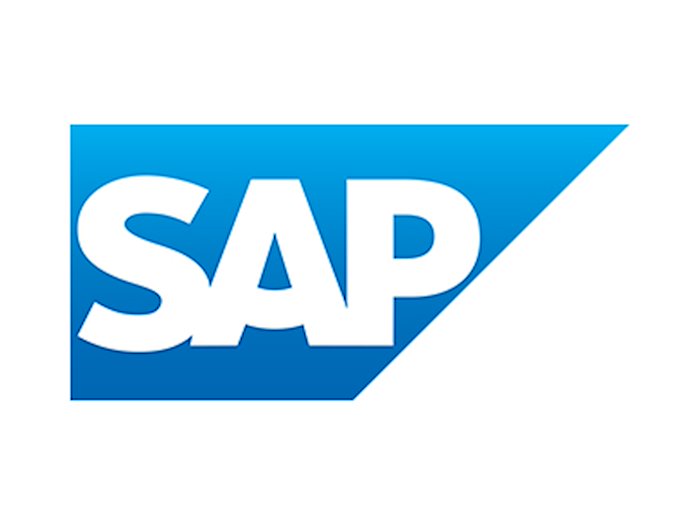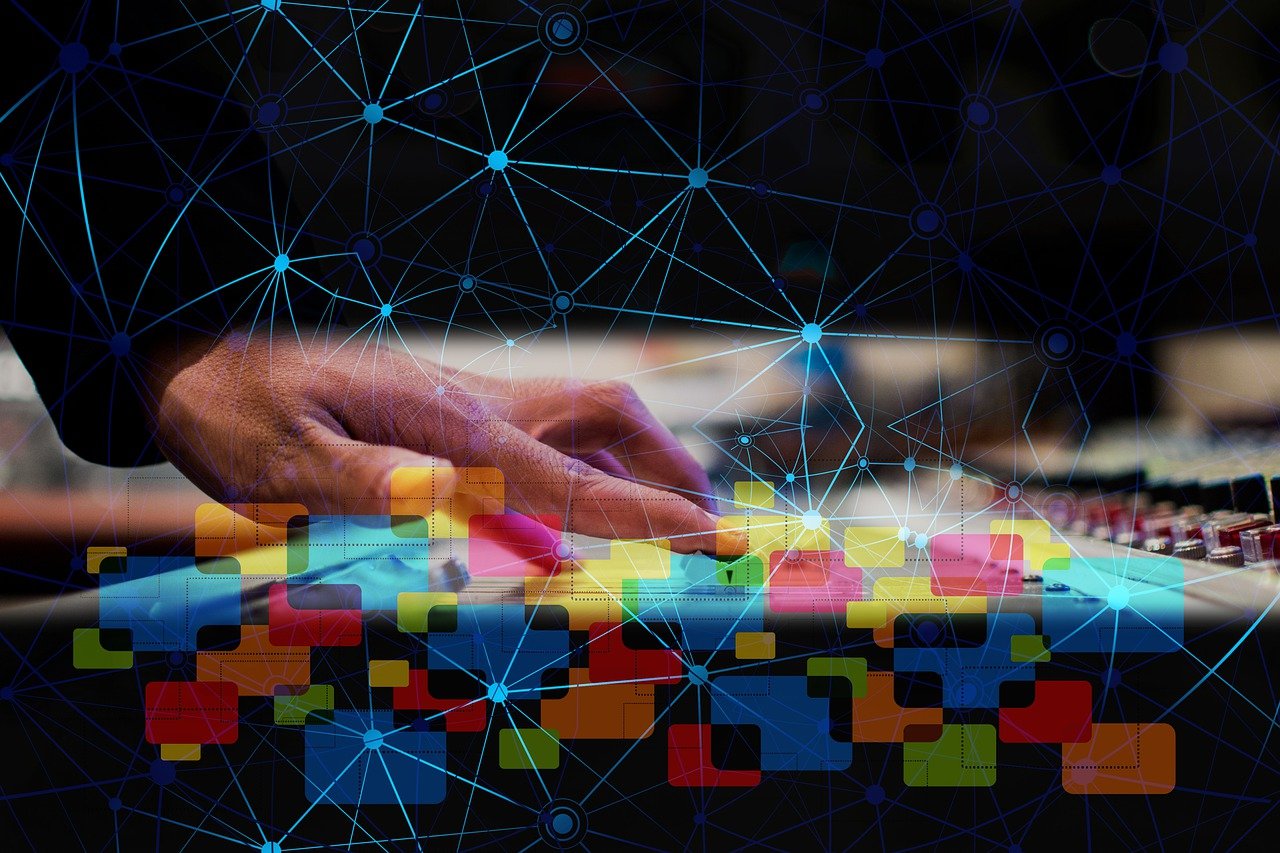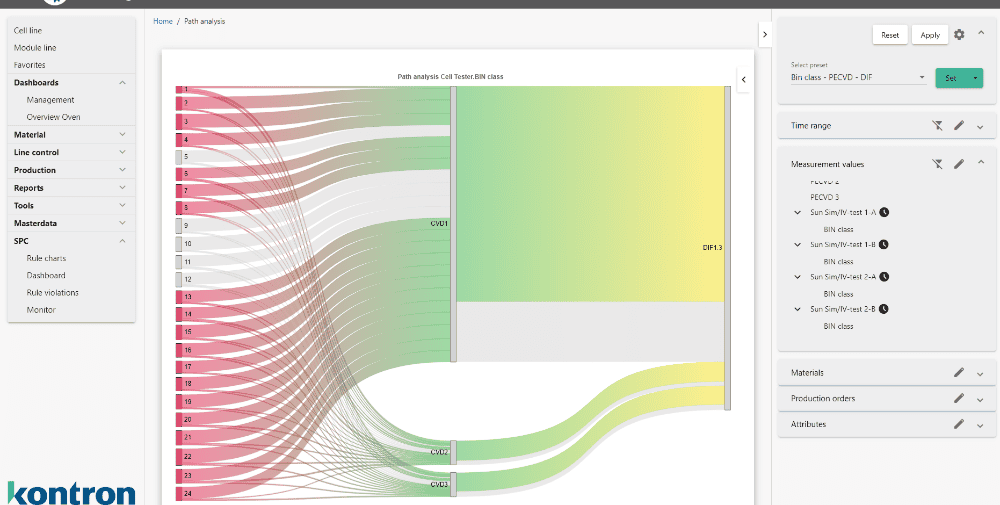
In the world of technology, employee innovations have the greatest impact when they are tested and applied more broadly within the organization. However, a new study points to a surprising phenomenon: Employees often keep their innovations under wraps, limiting their use and diffusion.
The results of this study confirm the role that organizational culture plays in fostering technological and business innovation. Managers should not necessarily assume that teams will immediately disclose their ideas.
Corporate cultures that are characterized by a safe working environment, continuous learning and autonomous action, among other things, have the necessary foundation for the development of AI innovations – from conception to delivery to customers. During this development, employees are then also happy to present their ideas.
Leaders need to adopt global collaboration approaches that encourage the best ideas. At the same time, employees also have an important role to play: they need to support each other.
The two requirements are inextricably linked. The following section explains exactly what this means.
Psychological safety in the working environment: no fear of failure
Psychological safety exists when employees are not afraid to ask for help, make informal suggestions or question the status quo without having to fear negative social consequences.
In an environment where people feel free and invited to share and try out their ideas, a solid foundation is created for experimentation, creative thinking and trying out new ways of doing things. And yes, failure is an essential part of any innovation!
Acknowledging and rewarding ideas helps to appreciate idea generators and clearly highlight the value of innovation within the organization. This applies to both managers and team members at all career levels.
In order for powerful solutions to emerge from forward-looking concepts, a corporate culture must be created in which open dialog and constructive criticism are possible and people have the opportunity to learn from mistakes.
Lifelong learning: staying curious
In today’s AI-driven world, innovation by employees is an essential component of success strategies in almost all companies – regardless of whether the aim is to develop or improve technologies or to apply them in practice. This is why lifelong learning is an indispensable part of almost every corporate culture. In addition, all employees must have the opportunity to put what they have learned into practice.
Managers have the task of removing bureaucratic obstacles, creating opportunities for further training and also creating a corresponding incentive to take advantage of these training opportunities. Team members must then take it into their own hands to acquire the skills that are tailored to the new requirements in the working environment and seek to exchange ideas with each other.
Technical skills – for example in these areas – are of course particularly important.
However, I always like to point out how important other skills are – for example communication skills, empathy, cross-functional thinking, listening and consensus building. Studies have shown that these skills are the “secret ingredient” of innovative ideas to realize the benefits of AI solutions for businesses faster and more broadly.
Taking ownership within the ecosystem
Leaders must consistently promote ownership as a cultural norm. At SAP, we have found that there are very different ways in which employees want to try out new things on their own initiative. The SAP Experience Garage is a good example of this. With this initiative, we have been able to improve experimentation and collaboration among our employees.
The SAP Experience Garage is a collaborative environment where employees can experiment and prototype to improve processes within SAP and for our customers. In a recent project, more than 300 colleagues came together in teams to design and develop generative AI use cases for the SAP ecosystem.
I am very proud of the growing SAP Garage community that brings employees together to share, learn from each other, develop solutions and discover potential for innovation that positively impacts the entire SAP ecosystem.
Focusing innovation through employees
In light of current market conditions and the growing importance of AI for organizations, leaders and team members need to collaborate, build, refine and live the values that form the foundation of company culture – every day and across hierarchies and geographies. In today’s fast-paced business and technology landscape, innovation often happens in the blink of an eye, but must be driven carefully and responsibly.
Only when everyone works together can ideas become innovations and people bring to the table what makes them unique: an inexhaustible creativity.
Sabine Bendiek is Chief People and Operating Officer and a member of the Executive Board of SAP SE.
– – – – – –
Further links
👉 www.sap.com
Photo: pixabay




